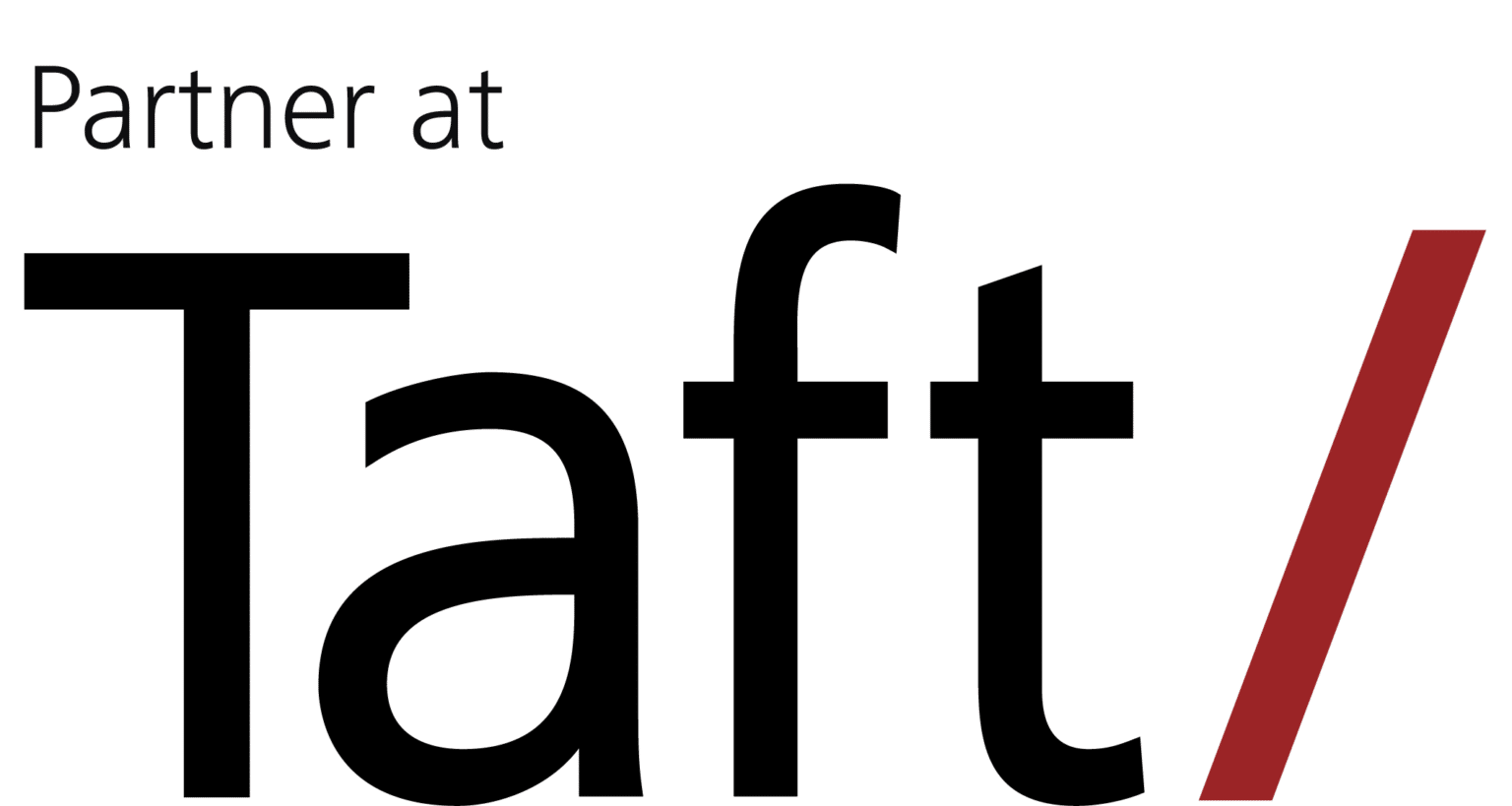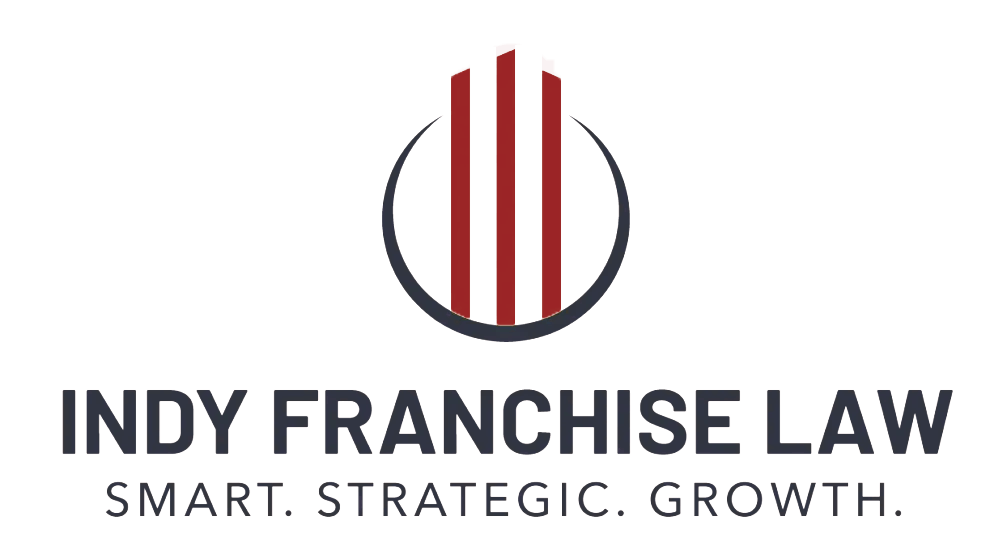The use of social media is at an all-time high with more and more people producing blogs, tweeting, Facebooking and instagramming their every move, thought, meal and workout. However, issues can arise when employers terminate or punish employees for violating policies which seek to control and/or prohibit the type of content their employees can produce on these mediums. The National Labor Relations Board (NLRB) Office of the General Counsel released an Advice Memorandum to provide guidance to employers on social media policies after the Board decided several recent decisions involving the subject.
Even if your business is not unionized, your social media policy could still be violating Section 8(a)(1) of the National Labor Relations Act (NLRA) by having a work rule that “would reasonably tend to chill employees in the exercise of their Section 7 rights” provided by the NLRA. Section 7 of the NLRA, among other things, protects employees’ rights to engage in concerted activity for the purpose of collective bargaining or other mutual aid or protection and applies to both union and non-union workplaces. Due to these rights, employers must not restrict, or have rules that could reasonably be interpreted by employees as restricting, its employees’ ability to discuss wages, working conditions or their terms of employment, even on social media.
The NLRB has found employers’ social media policies on various topics unlawful for being overbroad and restricting employees’ Section 7 rights. Specifically, the NLRB deemed unlawful an employer’s social media policy that discouraged employees from “friending co-workers” and instructed employees to “report any unusual or inappropriate internal social media activity to the system administrator” because the policies were overbroad and discouraged co-workers from communicating with one another which violated the employees’ Section 7 rights. The NLRB also found that social media policies that require employees to receive permission before posting information online on topics related to protected activity was unlawful. However, the NLRB noted in another case that rules requiring prior authorization before posting a message that is either in the employer’s name or could be reasonably attributed to the employer are lawful provisions. It was also not unlawful for employers to require employees post a disclosure that the comments do not reflect the views and opinions of the employer or any individual in their capacity as an employee on behalf of the employer if the post related to the employer. These are just a few examples but the Office of the General Counsel Advice Memorandum provides many more examples of unlawful, and lawful, social media policies.
In light of these decisions, several companies, including franchisors and franchisees as employers, will need to review and make changes to their social media policy. Although the franchisor-franchisee relationship is not one of employer-employee in the traditional sense, franchisors should still take notice of these decisions and take the opportunity to review their own social media policies in relation to their franchisees as well as any restrictions or limitations they may require franchisees to have on his or her employees in regards to social media. Granted, employers and franchisors have a legitimate concern in wanting to protect their public image through social media channels, but instead of trying to rework the policies to remain within NLRB guidelines while continuing to place restraints on what employees cannot do on social media, perhaps social media policies should be thought of in terms of what the employees and franchisees can do on social media. For franchisors, franchisees are often their only direct link to a certain region or territory and allowing the franchisees to use social media in a unique and tailored way can only benefit the franchisor in the long run. Providing affirmative guidelines as to how social media can be used allows the employer or franchisor to use social media in a valuable way and engage their employees and franchisees in a positive manner in the company culture.








